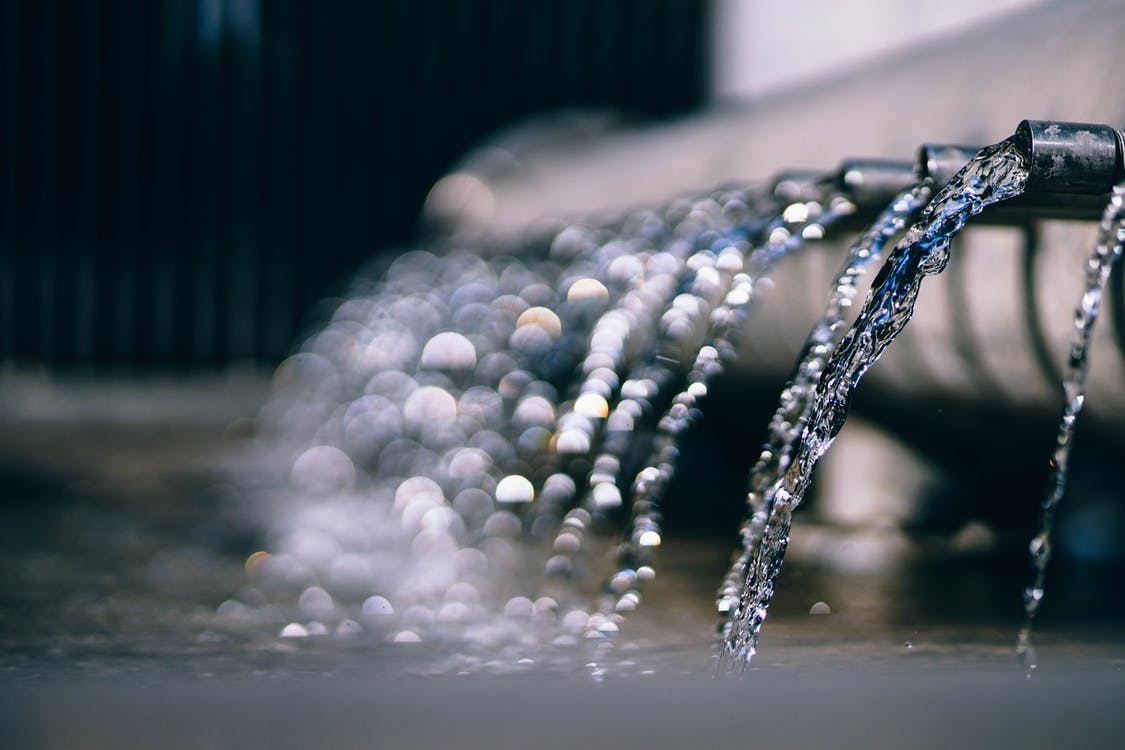Your pool’s water chemistry changes more quickly when certain conditions apply. Here is a quick checklist of reasons your water chemistry may be changing more frequently or need a little extra attention.
1. Pool Traffic:
When many people frequently use the pool, the pool can quickly become contaminated with bacteria, debris, sweat and other bodily fluids, perfumes, sunscreen, lotions, soap, hair products, and more. If pets are included in the list, then they bring even more contaminates into the pool, especially if they have had flea or tick medications applied to them. The best damage control method in this situation is to be sure all pool users shower (more specifically rinse off) before entering the pool.
2. Chemicals:
Many pool chemicals used to treat the pool actually contain minerals such as calcium. Be sure to check your calcium hardness level regularly to ensure it remains in the range of 200 to 400 parts per million. Read labels and used a trusted retailer to obtain chemicals to be sure they are of good quality as well.
3. Phosphates:
Phosphates contribute to the growth of algae in your pool water. Chlorine then needs to work much harder to destroy the algae, leading to a chlorine deficiency over time, and causing your pool to be lacking in it’s ability to sanitize itself.
4. Source water:
It’s typically not advisable to replace the water in your pool beyond adding water to compensate for water loss and maintain appropriate water level. Well water often contains high levels of iron and other minerals, and tap water contains chemicals used for sanitization as well. These can negatively affect the balance of your pool water.
5. Rain Water:
Rain water is acidic, and this will change the chemistry of your pool water’s pH balance. Acid will lower the pH, and allow corrosion to damage your pool’s surface and equipment. Additionally, the acidic water may irritate the eyes and skin of swimmers, and reduce the effectiveness of the chlorine in your pool water. Maintain a pH balance of around 7.2, and test your water more frequently during periods of excessive rain.
6. Circulation:
Moving water helps to create an environment that is not condusive to the growth of algae and bacteria, as well as making your sanitizer more effective as it circulates through your pool. Circulate your water for at least 10 hours, depending on usage and weather conditions, every day.
7. Weather:
UV exposure from sunlight, and evaporation reduce the effectiveness of chlorine and other chemicals in your pool water. In warmer weather, bacteria is able to thrive and more quickly consume chlorine. Additionally, scaling is more likely to occur at higher temperatures. Even wind can cause pollutants in the environment to enter your pool and affect the water chemistry.
Being more aware of conditions that might affect your water chemistry can help you to set a testing and maintenance schedule that works best for you in your specific circumstances.

Recent Comments